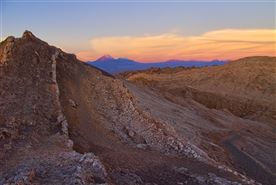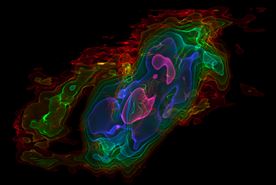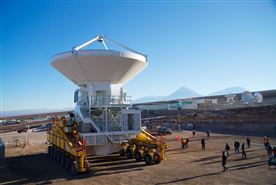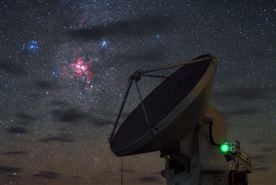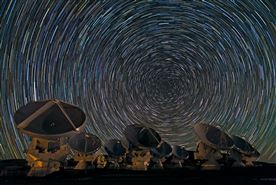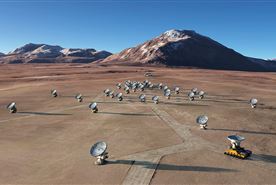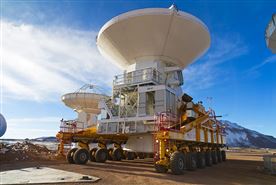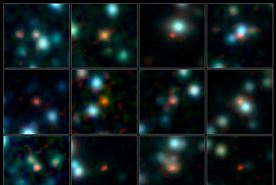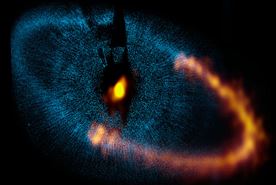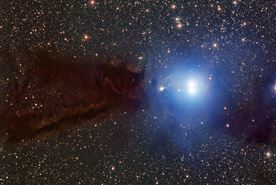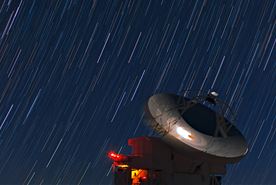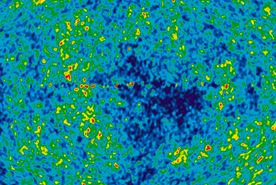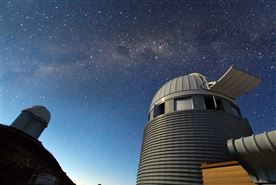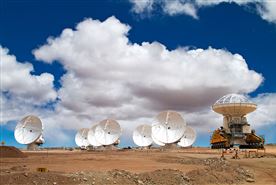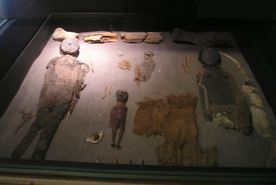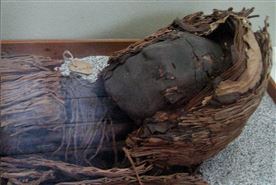YOLA 07B: Stars in Their Eyes - all
Adjective
very small or unimportant
negligible
The annual rainfall here is negligible - a few drops of moisture scattered yearly on desiccated, empty land. You wouldn't last a day unprotected in this dead zone.
The annual rainfall here is negligible - a few drops of moisture scattered yearly on desiccated, empty land. You wouldn't last a day unprotected in this dead zone.
Adjective
concerning the scientific study of the origin and development of the universe
cosmological
Chajnantor's receivers will be built specifically to collect this precious microwave radiation and help astronomers understand one of science's last major cosmological mysteries: the structured, solid nature of the cosmos.
Chajnantor's receivers will be built specifically to collect this precious microwave radiation and help astronomers understand one of science's last major cosmological mysteries: the structured, solid nature of the cosmos.
Noun
a building scientists use to study and watch the sky
observatory
But collecting microwave radiation has one major drawback, as Esteban Illanes of the European Southern Observatory, explains. 'It is absorbed by water. An observatory at sea level would pick up nothing.
But collecting microwave radiation has one major drawback, as Esteban Illanes of the European Southern Observatory, explains. 'It is absorbed by water. An observatory at sea level would pick up nothing.
Verb
to get value or use from something
exploiting
Chajnantor is high and dry - perfect for picking up microwaves. This selection is also particularly appropriate, for mankind has been exploiting the aridity of the Atacama desert for millennia.
Chajnantor is high and dry - perfect for picking up microwaves. This selection is also particularly appropriate, for mankind has been exploiting the aridity of the Atacama desert for millennia.
Noun
the process of drying corpses to preserve them
mummification
Atacama desert is the place where mummification -- the process of drying corpses to preserve them -- began.
Atacama desert is the place where mummification -- the process of drying corpses to preserve them -- began.
Noun
the quality or state of being firm and stable in shape
solidity
Now, the special conditions that made mummification possible are giving scientists a chance to explain how the universe acquired the solidity that made life possible in the first place. It will be a key scientific milestone.
Now, the special conditions that made mummification possible are giving scientists a chance to explain how the universe acquired the solidity that made life possible in the first place. It will be a key scientific milestone.
